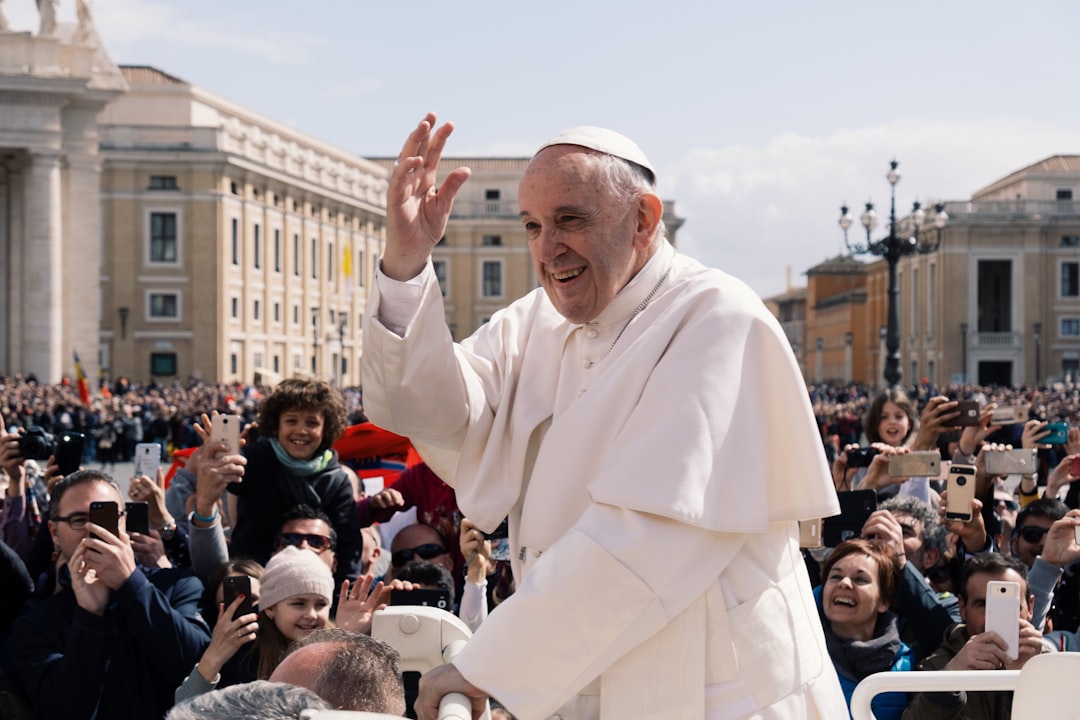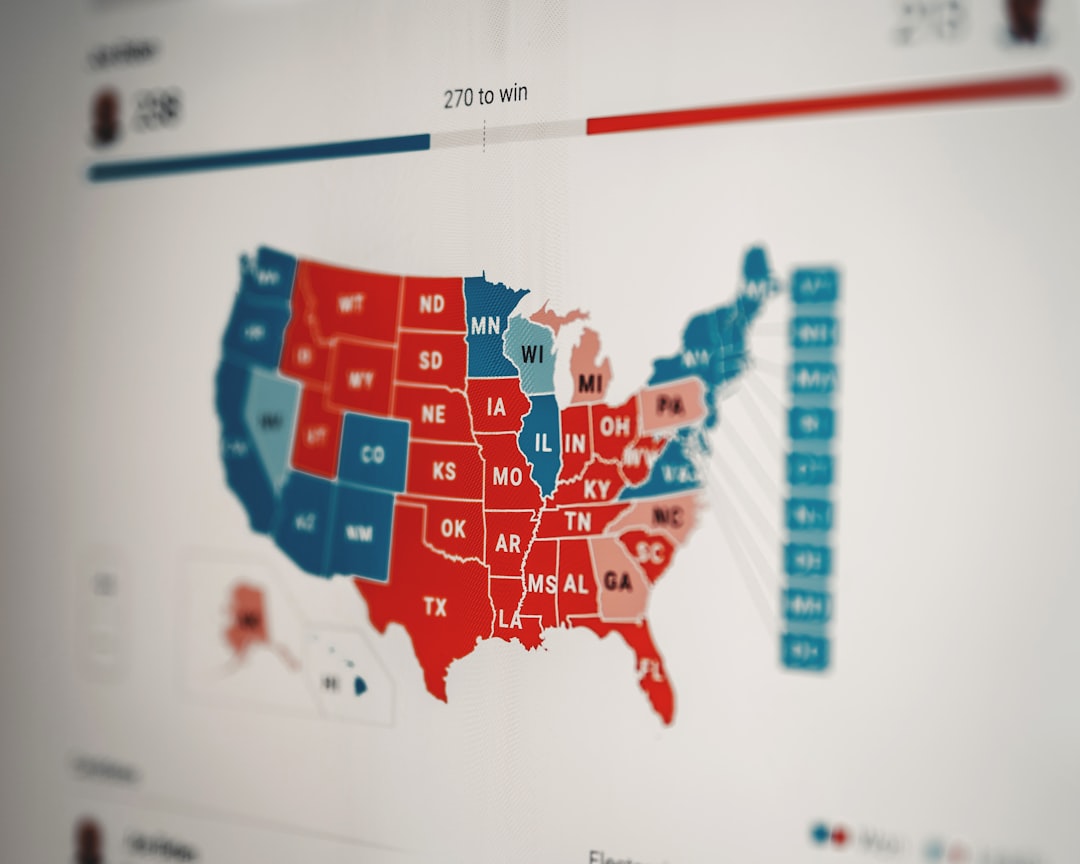A new national Unity Poll from Vanderbilt University shows overwhelming agreement among Americans on one core belief: colleges should teach students how to think, not what to think.
At a time when higher education is under intense political and cultural scrutiny, this finding reveals an unexpected area of unity. Amid debates over free speech, curriculum design, and the purpose of a degree, Americans are signaling a shared expectation for colleges to cultivate critical thinking and reasoning — not ideological conformity.
For journalists, observers or anyone keeping a close eye on post-secondary education, this is a rare lens into what the public actually wants from higher education, and a timely point of entry into stories about academic freedom, the value of a college degree, political polarization, and workforce readiness.
“Many observers think current debates about the nature of higher education are relatively new but they are not,” said John Geer, co-director of the Vanderbilt Unity Poll and professor of political science. “The country, for example, was debating the purpose, value and direction of higher education in the 1940s when the federal government made major investments in research and teaching during and after World War II.”
“People want colleges and professors to teach students how to think, not what to think,” added Vanderbilt Poll Co-Director Josh Clinton, who holds the Abby and Jon Winkelried Chair at Vanderbilt and is a professor of political science. “The public most highly values those parts of higher education that help students think critically, process information and contribute meaningfully to society. The closer you get to subjects and content that has associations with contemporary political divisions, the more you see public support fracture.”
John Geer and Josh Clinton, Co-Directors of the Vanderbilt Unity Poll and Professors of Political Science, are among the nation’s leading experts on public opinion, political behavior and democratic attitudes.
With decades of research experience and multiple national polls under their leadership, Geer and Clinton bring essential context to these findings. Their perspective helps media interpret not only the data itself, but the broader social forces shaping how Americans view higher education, institutional trust and the role of colleges in preparing the next generation.
What the Data Reveals:
1. A Return to Fundamentals: The Public Wants Critical Thinking Above All
- Ninety percent of Americans say “the ability to think more logically” is extremely or very important for their children to gain from college.
- Factual knowledge matters too, but the public places higher value on reasoning, analysis and cognitive skill-building.
- Geer can help illuminate why this shift is resonating so strongly now — and what it suggests about the changing expectations placed on colleges and universities.
2. A Rare Point of Consensus in a Polarized Era
- The emphasis on teaching students how to think cuts across political, geographic and demographic lines.
- Geer notes that agreement of this magnitude is increasingly uncommon in today’s contentious climate.
- This story angle gives journalists a data-driven counterpoint to the typical “campus culture wars” narrative — showing where unity still exists and why.
3. Is College Worth It? Depends How You Ask
- When asked about long-term value, a majority of Americans say a college degree is worth the time because it opens better job prospects.
- But when the question focuses on financial cost, support drops significantly.
- Geer and Clinton can walk reporters through why perceptions differ depending on how “value” is framed — and how these attitudes influence choices about pursuing postsecondary education.
4. Americans Oppose Government Control of College Teaching
- Most respondents say the federal government should not direct how professors teach.
- This adds nuance to ongoing debates about curriculum oversight, classroom autonomy and political influence in higher education.
- Geer and Clinton’s expertise help explain how this preference aligns with longstanding public attitudes about institutional independence.
5. Curriculum Flashpoints Reveal Sharp Divides
- While many Americans agree on the need for core historical and civic content, support fragments around politically charged topics.
- Issues such as gender identity, sexual orientation, and certain cultural topics show much lower consensus.
Read the full article and report here:





